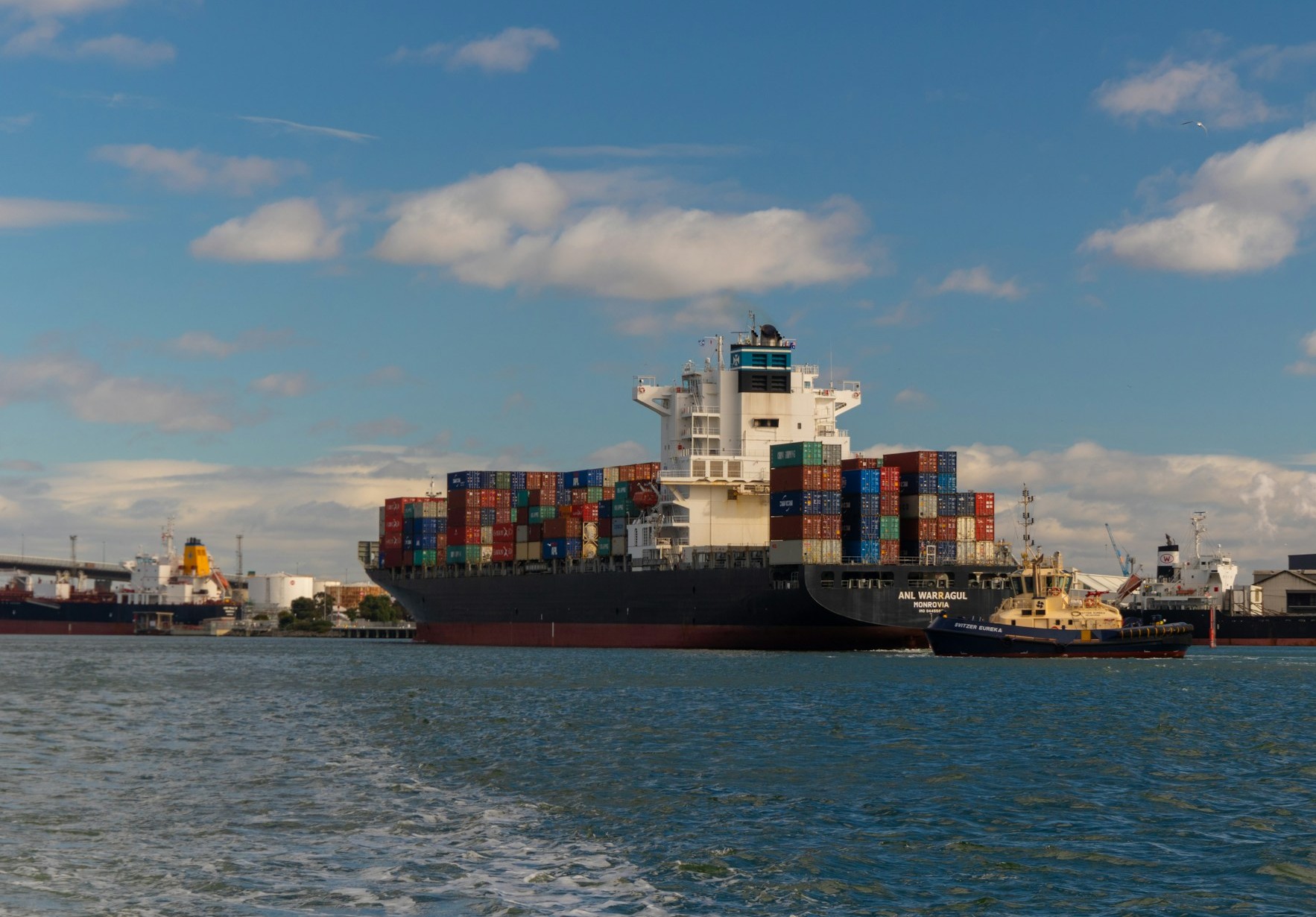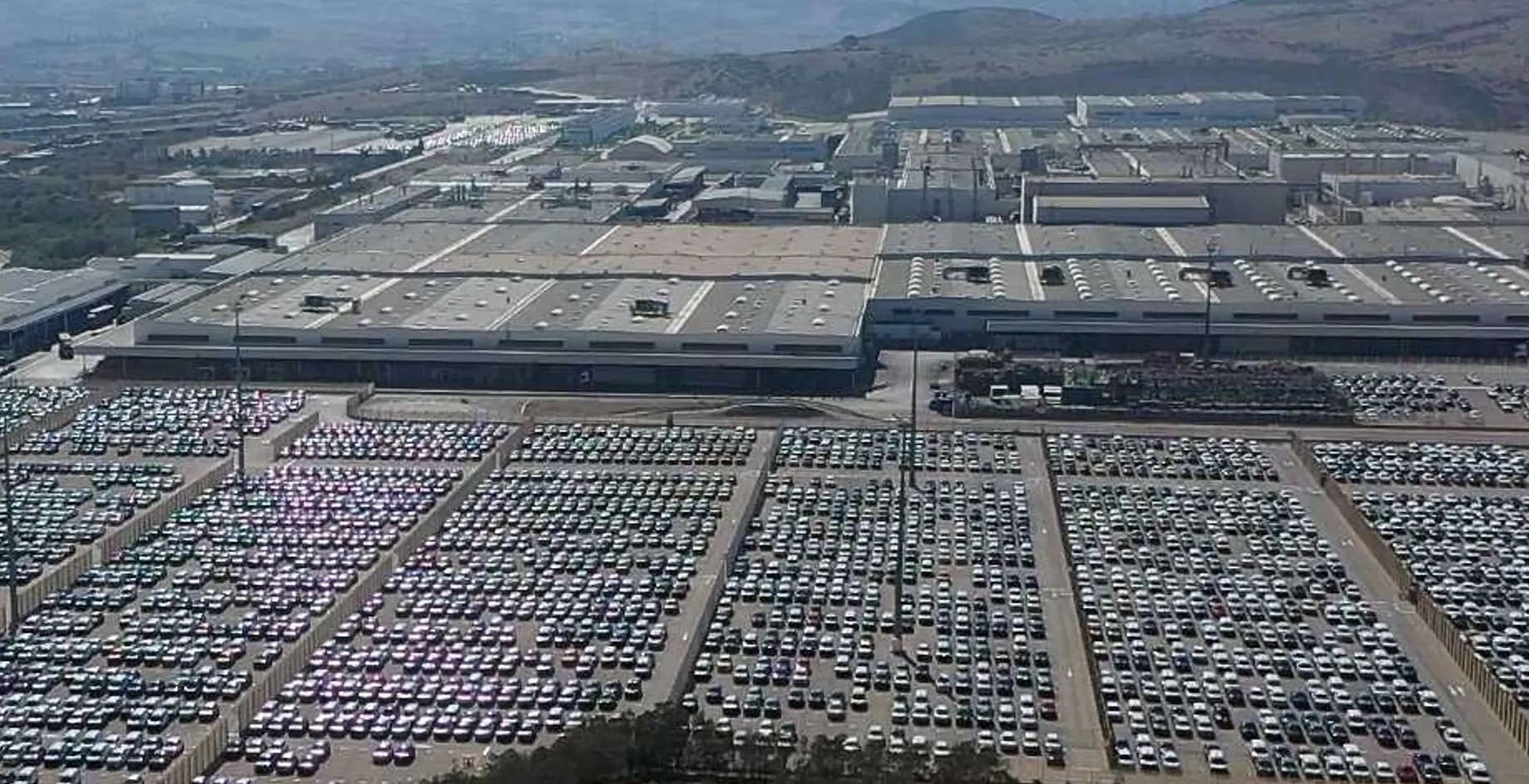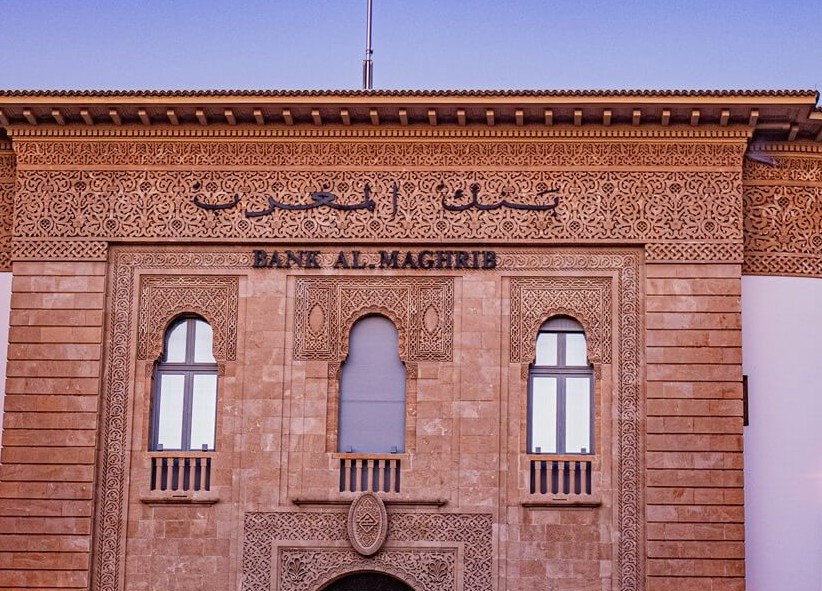Casablanca – Morocco’s e-commerce industry has experienced rapid expansion over the past five years, reflecting a broader digital transformation reshaping the country’s economic landscape. In 2023, the sector reached an impressive transaction volume of approximately $2.27 billion, with annual growth rates consistently exceeding 30%. Alongside this surge, electronic payments amounted to nearly $1.02 billion during the same period, highlighting the growing adoption of digital financial services across the country.
This rapid growth is supported by several key factors. Internet penetration in Morocco reached 109.2% in 2024, meaning the number of active internet subscriptions surpasses the total population, signaling widespread connectivity and digital engagement. A new generation of consumers, more familiar with digital tools and online shopping, has emerged, driving demand for e-commerce. Meanwhile, significant improvements in logistics and delivery infrastructure have helped bridge gaps between merchants and customers, enabling faster, more reliable service.
The Moroccan Ministry of Industry and Trade has recognized the strategic importance of e-commerce as a driver of economic development, job creation, and youth integration into the labor market. The sector’s expansion has translated into tangible benefits: over 4,500 small retailers have been integrated into digital commerce platforms, helping them diversify revenue streams, while 200 new delivery points have been established across the country to improve last-mile logistics. The ministry also reported supporting 161 startups through the national digital platform MRTB, fostering innovation and developing local digital solutions.
Beyond economic gains, e-commerce facilitates Morocco’s access to international markets. By enabling smaller businesses to reach customers beyond local borders, it broadens export potential and enhances competitiveness on a global scale. The ministry recently signed partnerships aimed at accelerating digitalization, including establishing regional e-commerce centers and launching Trade.ma, a platform dedicated to promoting Moroccan export products.
To govern this rapidly evolving sector, Morocco has developed a comprehensive legal framework. This includes foundational laws such as the Commercial Code, the Consumer Protection Law, and legislation on product safety and electronic payments. Complementary laws on data protection, cybersecurity, and trusted electronic transactions have been enacted to ensure secure, transparent, and trustworthy digital commerce environments. A revision of the Consumer Protection Law is underway to better regulate the responsibilities of e-commerce platforms and to clamp down on misleading commercial practices such as false advertising and product counterfeiting.
Additionally, Decree No. 2.22.438 imposes customs duties on imports made through electronic platforms. This measure aims to safeguard the national economy by ensuring fair competition between domestic retailers and foreign sellers operating online.
Despite the sector’s growth and the legal frameworks in place, enforcement remains a challenge. Since 2016, the ministry has maintained a dedicated unit to monitor e-commerce activities, handling consumer complaints via the portal khidmat-almostahlik.ma (consumer service) and conducting inspections. In 2024, nearly 200 control operations were carried out, resulting in just six official reports filed against violators—a relatively small number given the sector’s massive scale.
This enforcement gap has raised questions about tax compliance and regulatory oversight in the digital economy. While small traditional merchants continue to face regular tax inspections, many of the “new digital rich” remain largely under the radar, benefiting from loopholes and offshore arrangements that complicate monitoring efforts. This disparity has sparked debates about the need for more rigorous supervision and fairer taxation policies in the rapidly growing e-commerce landscape.
Looking forward, the ministry plans to launch a new study to analyze global distribution chains and evaluate the fiscal and legal impacts of e-commerce on Morocco’s economy. The goal is to better understand the sector’s evolving dynamics and adapt policies accordingly to support sustainable growth.
Morocco’s e-commerce sector stands as a beacon of the country’s digital transformation and economic modernization. It has delivered strong growth, created jobs, empowered small businesses, and expanded international trade opportunities. However, challenges in regulation and enforcement underline the complexity of managing this fast-paced sector. Balancing innovation with oversight will be key to ensuring that the benefits of e-commerce are widely shared and that the sector continues to contribute positively to Morocco’s broader economic development.
















